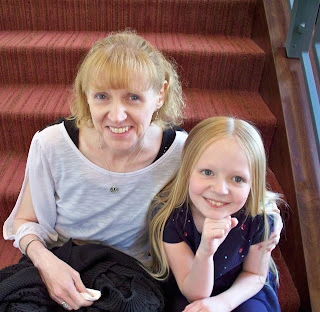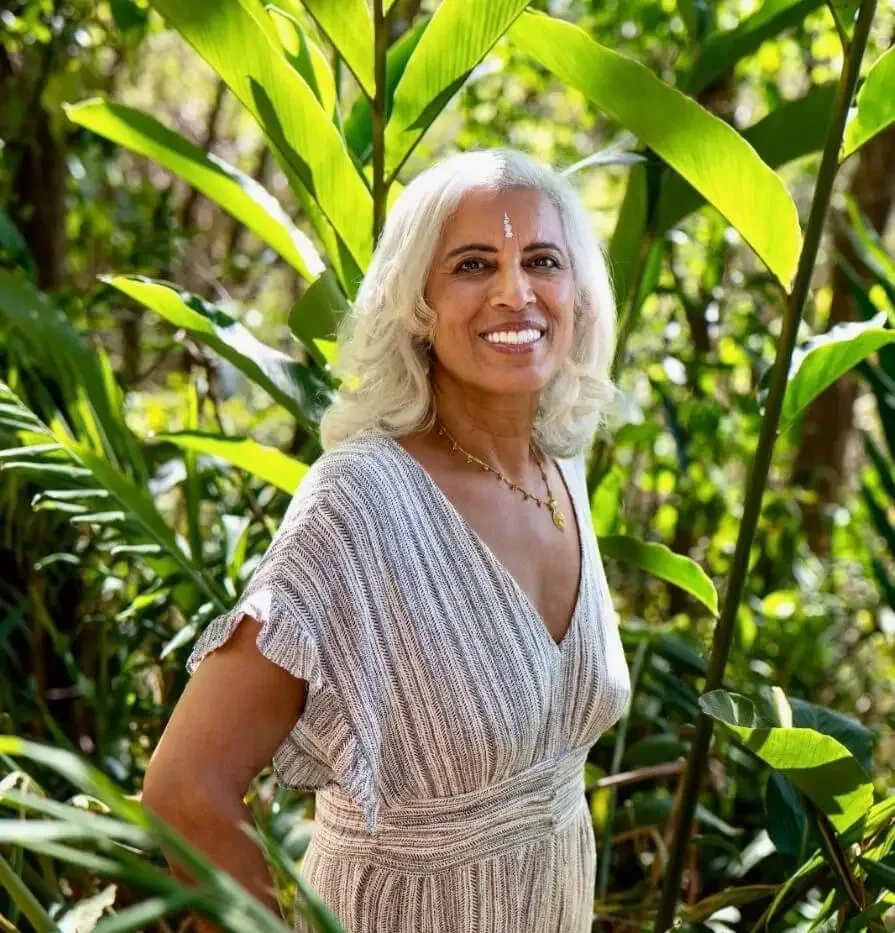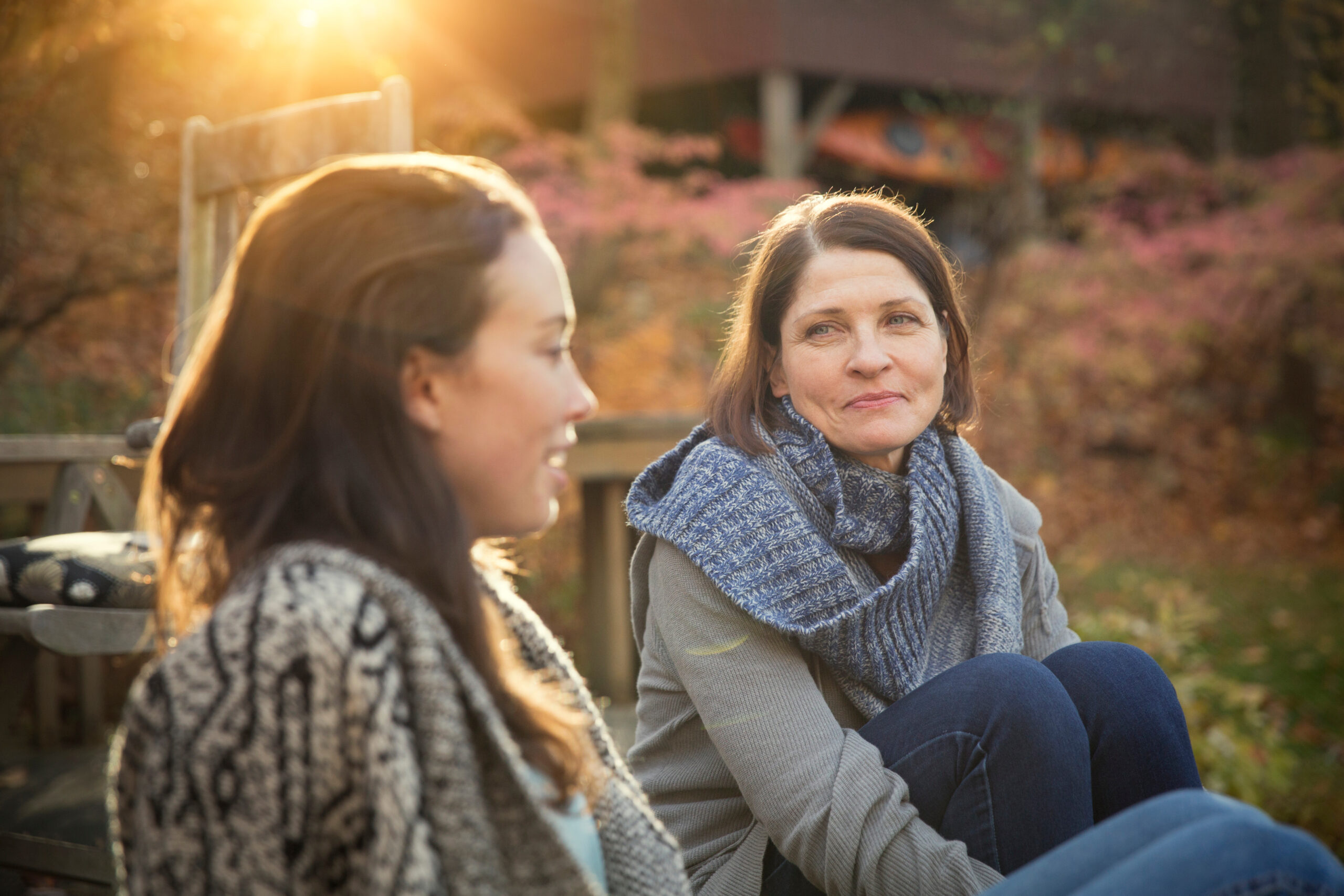How I Discovered My True Age—and What It Taught Me About Health
For years, I judged my health by what the mirror reflected and how many candles were on my birthday cake. I thought I was doing everything “right”—eating clean, squeezing in
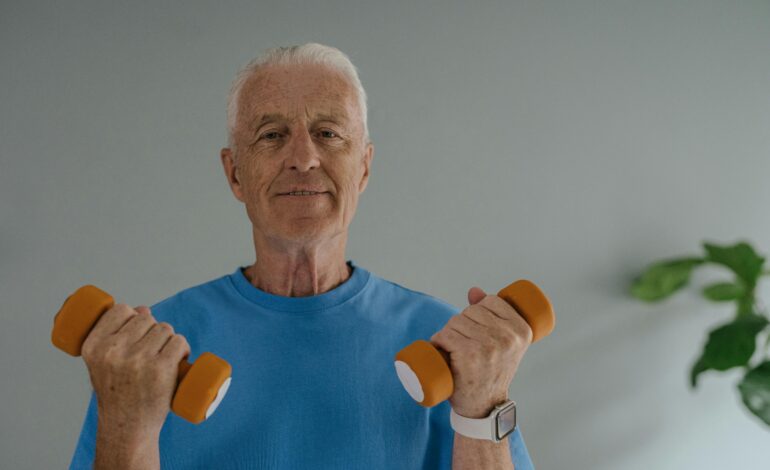
For years, I judged my health by what the mirror reflected and how many candles were on my birthday cake.
I thought I was doing everything “right”—eating clean, squeezing in workouts when I could, and getting my annual physical. Still, something felt off. I was tired in a way that sleep didn’t fix. My skin had lost its glow, my focus felt scattered, and I began to notice small aches that didn’t bounce back as quickly as they once did.
But my lab results kept saying I was “fine.” So I chalked it all up to getting older.
Until I learned there’s a difference between how long you’ve lived and how well your body is aging.
The Truth Beneath the Surface
That’s when I discovered the concept of biological age—and everything shifted.
Unlike chronological age (the number of years you’ve been alive), biological age reflects how your body is actually functioning at the cellular level. It’s measured through a combination of biomarkers: things like inflammation, blood sugar regulation, hormone levels, immune function, and DNA methylation.
It was the first time I heard someone say, “You might be aging faster—or slower—than your birth date suggests.”
I was intrigued. And honestly, a little nervous.
Taking the Test
I ordered a biological age test through a company that uses blood-based biomarkers and an AI algorithm to analyze aging at the cellular level. No fancy gadgets, no invasive procedures. Just a few drops of blood, and a few weeks later, the results arrived in my inbox.
I opened the email with one eye shut, bracing myself.
The number shocked me—but in a good way.
My biological age was lower than expected. After years of obsessing over the number on my driver’s license, this was the first time I felt like my efforts were being seen—not by others, but by my body.
What I Was Doing Right (and Didn’t Know)
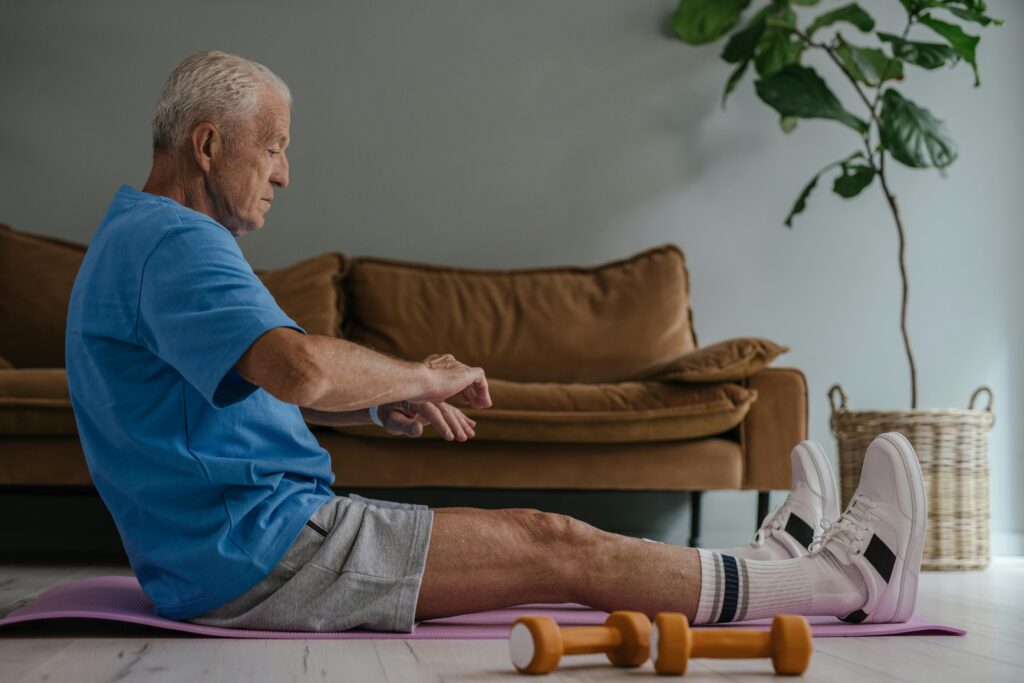
I started looking back, trying to figure out what had been working:
- I’d cleaned up my diet—not perfectly, but consistently. Less sugar, more fiber, more fermented foods.
- I had committed to strength training twice a week. Nothing extreme, just intentional movement.
- I finally began prioritizing real sleep instead of treating it like an afterthought.
- And perhaps most importantly, I started setting boundaries around stress. Not just managing it, but actively reducing the chronic, low-grade tension that had lived in my shoulders for years.
Apparently, these choices were doing more than just making me feel better. They were changing the pace at which I age.
Aging Is Not Just a Number
What struck me most about this journey was the realization that aging isn’t linear. We don’t all age at the same rate. Two people born on the same day could have vastly different biological profiles depending on how they’ve lived—how they’ve eaten, moved, rested, and even thought.
Scientists are now exploring biological age markers as tools to predict healthspan (the number of years we live in good health), not just lifespan. Tools like epigenetic clocks, telomere length tests, and advanced biomarker analysis are being used to map a more personalized view of aging—and they’re revolutionizing what we think we know about longevity.
It’s not about stopping the clock. It’s about syncing it with how you really feel inside.
Why This Matters—For All of Us
At Ravoke, we’re passionate about rethinking what health looks like. The biological age conversation is a big part of that. It’s empowering to know that our daily choices—however small—can actively shape the way we age.
You don’t need to be a biohacker. You don’t need expensive tools or a perfect lifestyle. You just need curiosity, consistency, and the willingness to see yourself through a different lens.
Because the age that matters most isn’t the one people guess when they meet you—it’s the one your cells know.
What I Hope You Take Away
If you’re feeling sluggish, stuck, or like something just isn’t quite right, don’t settle for surface-level answers. Ask deeper questions. Look under the hood.
And if you ever get the chance to take a biological age test, don’t be afraid of the number. Whether it comes back higher or lower than expected, it’s not a judgment—it’s a starting point. A chance to partner with your body more intentionally.
That’s what I did. And it changed everything.
With clarity and hope
By Barbra Tyson for Ravoke.com


